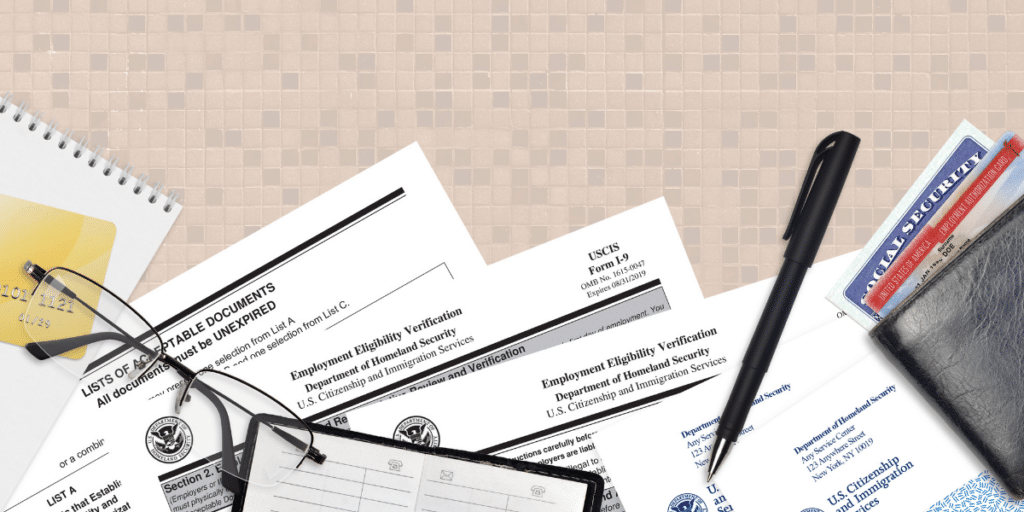On April 3, 2020, Chief Justice Cheri Beasley of the North Carolina Supreme Court entered an order extending the original directive to reschedule cases and directing North Carolina trial courts to continue hearings until after June 1, 2020. Thereafter, the Twenty-Sixth Judicial District entered an administrative order on April 16, 2020 that allows civil motions to be heard remotely by way of audio-video transmission. Here are three takeaways from this order:
- Hearings will begin to be heard remotely starting on April 27, 2020, but only if both parties agree. This likely means certain motions will have to wait until June 1, 2020 to be heard. For example, for a motion to compel production of documents or a motion to dismiss, only one party will want that motion heard immediately. The other party can simply withhold consent and push the hearing to a later date.
- Parties can stipulate that a motion be decided solely on the briefs, and briefs are required to be submitted digitally at least two business days before the scheduled hearing. This means that each party would be afforded the opportunity to present his case but would forgo the opportunity to argue why the opposing party’s brief should not be controlling in the matter. Consequently, this option is unlikely to be utilized often.
- Despite the unlikelihood that the option to decide a matter solely on the briefs will be utilized, a party’s brief can still extremely valuable during this time of remote hearings. With the significant decrease in legal proceedings, judges may have more time to read and analyze briefs prior to hearing a motion. Deciding not to draft and submit a brief, could therefore be a disadvantage to a party. It is important to remember all briefs must still comply with Local Rule 12.12.
To review the administrative order entered by the Twenty-Sixth Judicial District, go to: https://bit.ly/3aGY7Rm
If you have questions or concerns about remote hearings in your case, contact an attorney at Dozier Miller Law Group. We are available to assist existing and new clients by phone, email, and video conferences. To learn more, visit our website: https://doziermillerlaw.com/
This information is provided for informational purposes only; it is not offered as and does not constitute legal advice.

CATEGORIES
Contact an Attorney
Our attorney offer specialized guidance and representation in a variety of practice areas.

REMEMBER: Always speak with your own attorney
This information is provided for informational purposes only; it is not offered as and does not constitute legal advice.
More Insights and Resources
Learn more about what to expect when facing a family law dispute in Charlotte, North Carolina from Family Law attorneys at Dozier Miller Law Group
Protect What Matters Most: Estate Planning for Every Stage of Life
Thinking about the future doesn’t always come naturally. Many of us get caught up in the day-to-day,…
Will a Separation Protect Me Financially?
Separation is never easy, especially when financial questions start piling up. Can you protect your savings? Will…
Practical Custody Arrangements for Families
Trying to figure out custody arrangements? You’ve probably come across terms like joint custody, primary custody, and…
Future-Proof Your Business Against Form I-9 Changes
Running a business is no small feat. Between managing your team, keeping customers happy, and planning for…
When Do You Need an Attorney for a Breach of Contract Case?
Contracts are the backbone of any good business relationship. They bring clarity, set expectations, and hold everyone…
Navigating Immigration Changes and Their Impact on Employment Law
No matter the size of your business, immigration law affects your ability to hire and retain the…
LGBTQ Families and Stepparent Adoption: What You Need to Know in North Carolina
As a family law attorney in North Carolina, I’ve seen many parents assume that their legal status…
What to Do When You Get a Bad Google Review
If you’re a Charlotte business owner, you know just how important your online reputation is. Around 98%…
Managing Your Immigration Status in 2025
The 2024 election brought significant shifts to U.S. immigration policy, many of which have already begun reshaping…
Plan Now for Summer Child Custody Arrangements
It might not feel like it, but summer break will be here before you know it. For…










